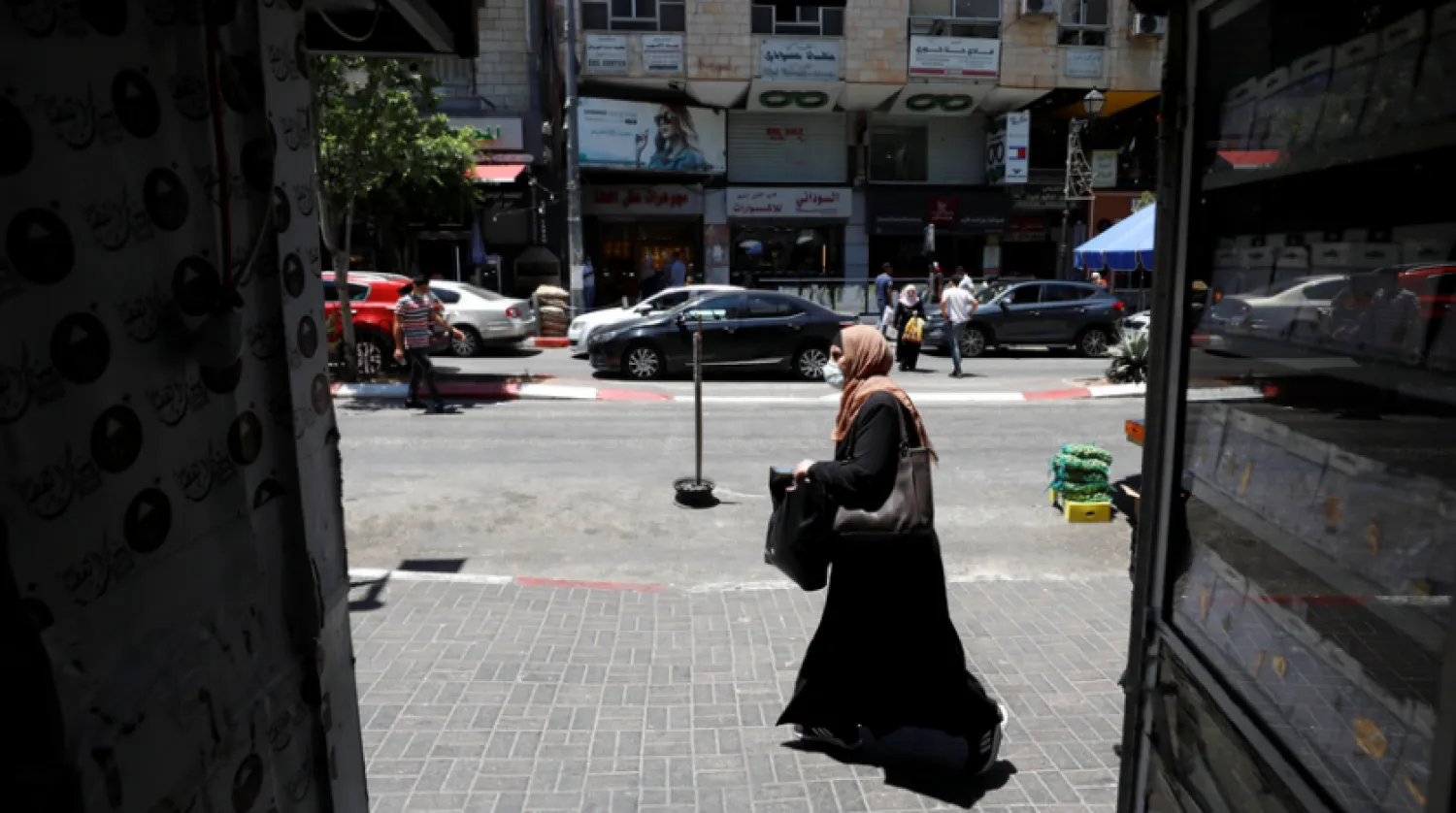Employees in the civil and military sectors will receive only 50 percent of their salaries for July, the Palestinian Finance Ministry announced on Sunday, in an indication of its ongoing financial crisis.
Those whose salaries are below 1,750 shekels ($516) will be fully paid, and those whose salaries are above it will receive 50 percent of their salaries, the ministry said in a statement.
Employees in the health, security, and education sectors will receive their salaries on Tuesday, while the rest of the public sector employees will receive them on Wednesday, it added.
The Palestinian Authority (PA), which has been suffering from the implications of the coronavirus outbreak, refuses to receive its taxation revenues from Israel.
The transfers, about $190 million a month, make up more than half of the PA’s budget and stem from duties on imports that reach the West Bank and Gaza via Israeli ports. The PA shunned the taxes after declaring bilateral agreements with Israel null in May.
It mainly depends on grants, aid, and domestic and foreign loans for its revenues, all of which have declined due to the world’s preoccupation with the pandemic.
In late July, Prime Minister Mohammad Shtayyeh affirmed that his government continues to refuse receiving its taxation revenues from Israel.
The PA paid only half salaries for a two-month period in early July and another half salary for its employees before Eid al-Adha.
The PA’s domestic income has dropped by 80 percent due to the coronavirus pandemic and its dispute with Israel.









